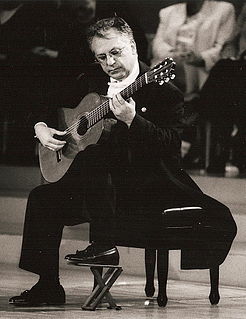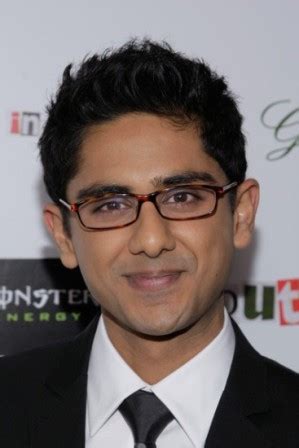A Quote by Sue Monk Kidd
I have an affinity for writing in the first person. I love the intimacy of being dropped inside the character.
Related Quotes
Writing, for me, when I'm writing in the first-person, is like a form of acting. So as I'm writing, the character or self I'm writing about and my whole self - when I began the book - become entwined. It's soon hard to tell them apart. The voice I'm trying to explore directs my own perceptions and thoughts.
When you are writing, you have to love all your characters. If you're writing something from a minor character's point of view, you really need to stop and say the purpose of this character isn't to be somebody's sidekick or to come in and put the horse in the stable. The purpose of this character is you're getting a little window into that character's life and that character's day. You have to write them as if they're not a minor character, because they do have their own things going on.
I think there's a character one has if you're a chief executive officer. Movies would suggest you're a bad person - if you're wealthy, if you've done well, oh, you must be bad. And frankly, winning the lottery doesn't change who you are; you're the same person inside. And I'm the same person I was as an 18-year-old who fell in love with Ann.






































